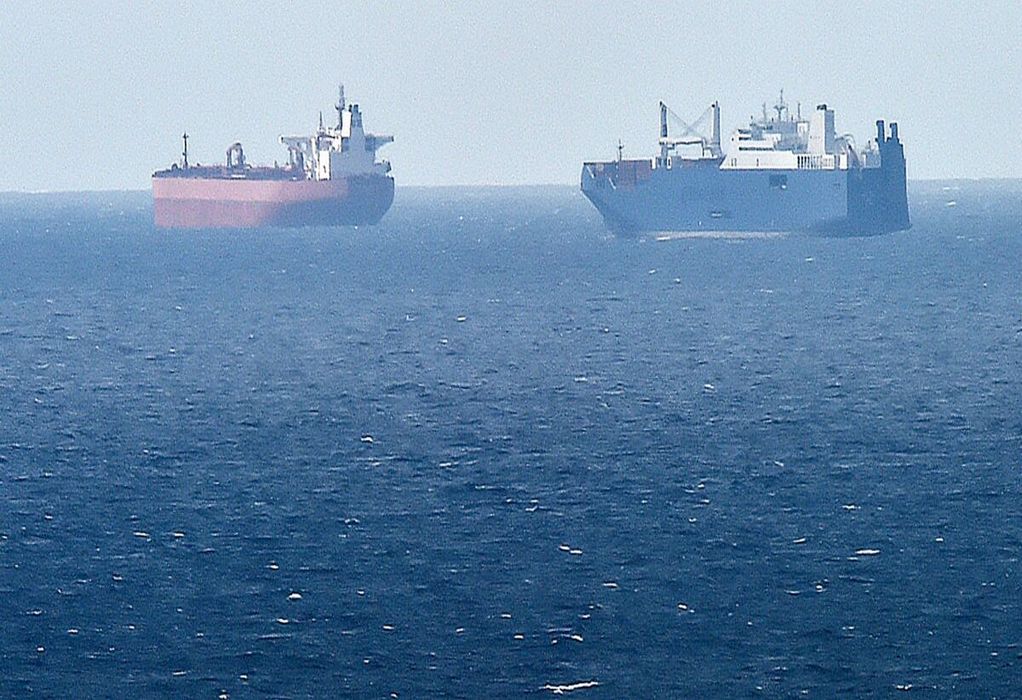China’s clean marine fuel exports rose 21% in the first two months of 2022 from a year ago, following an increase in Beijing’s export quotas, customs data showed.
Exports of low-sulphur fuel oil reached 3.64 million tonnes in January and February, up from 3.02 million tonnes in the corresponding period last year, data from the General Administration of Customs showed.
China granted allowances of 6.5 million tonnes for exports of the clean bunker fuel to five refiners in its first 2022 allotment, up 30% from the first batch for 2021.
Chinese oil refiners have been expanding production capacity for clean marine fuel after the government pledged to establish a regional bunker refuelling hub in the coastal region.
Analysts from China-based energy consultancy Longzhong estimated that the country’s bonded low-sulphur marine fuel output hit 2.22 million tonnes in the first two months of 2022, up 34.1% from a year earlier.
Total production capacity of the fuel stood at nearly 21 million tonnes in 2021, a jump of 54% from the previous year.
Prices of low-sulphur fuel oil hit a record $975 a tonne at the bunker hub of Zhoushan, tracking a surge of global crude oil benchmarks amid supply concerns following Russia’s invasion of Ukraine.
Refiners will be encouraged to crank up production of marine fuel, which is not restrained by retail price caps on refined oil products, to cash in on high refining margins.
Source: Reuters
Tags: China, Exports, Marine Fuel, Refineries, VLSFO



Recent Posts
Blue Marlin Becomes First Inland Cargo Vessel with Solar-Assisted Propulsion
ABB and Royal Caribbean Partner on 15-Year Deal to Drive Vessel Efficiency and Decarbonization
IET Establishes Centres of Excellence for Green Hydrogen and Electric Vehicle Research
SECI Cancels Green Hydrogen Hub Tender, Pauses Momentum on Flagship Mission
India Pushes Green Shipping and Sustainable Waterways in Northeast with ₹5,000 Crore Investment
Himachal Pradesh Plans Major Boost to Public Transport with E-Buses and Digital Upgrades
Ammonia-Fueled Container Feeder Design Marks Progress in Maritime Decarbonisation
ABS Develops Industry-Leading EV Battery Fire Simulation Modeling